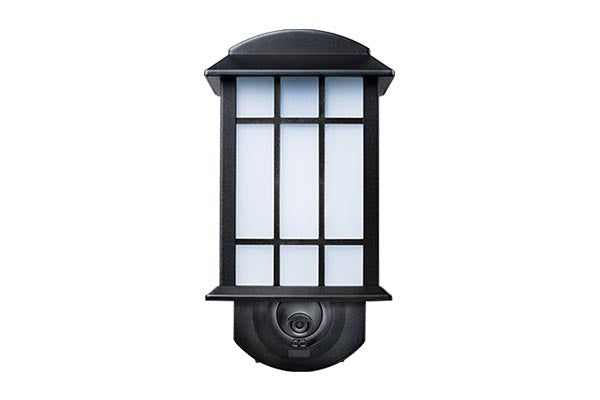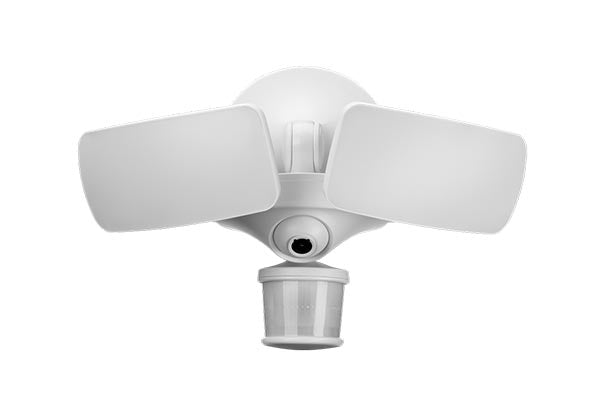How to Care For Your Pets When You’re On Vacation
 Deciding how to care for you pets while you’re on vacation can be tough. An increasing number of travel destinations will allow you to bring Fido or Fluffy, but it’s not the right decision for everyone. If you are thinking of bringing your furry friends with you, it’s important to do you homework.
Deciding how to care for you pets while you’re on vacation can be tough. An increasing number of travel destinations will allow you to bring Fido or Fluffy, but it’s not the right decision for everyone. If you are thinking of bringing your furry friends with you, it’s important to do you homework.
Check to make sure your destinations are dog or cat friendly, and make sure your pet has what they need to feel safe and comfortable for the entire journey. Traveling long distances in particular can be extremely stressful for your pets, especially if they have to be separated from you for a long time. Many countries have strict requirements for traveling animals. Your pets may require additional vaccinations, veterinary inspections or even a quarantine period before they’re allowed to join you on your vacation.
For these reasons, many people decide to leave their pets at home when they go on vacation. As long as you’ve made the proper arrangements, they will be safe and well cared for.
First things first
You know better than anyone that your pets have specific needs. Sick or sensitive pets will need extra care, and exotic pets require specialized care. It’s important to pick for the right pet caretaker, and arm them with complete information. Before you leave, make sure they have detailed instructions with information about food, supplements, medications, exercise, temperature requirements, feeding and cleaning schedules. Make special notes for special needs and delicate temperaments.
Always make sure all needs or supplies are available in advance and that you have a few days extra in case you can’t run off to the store as soon as you’re back.
The right person for the job
While a friendly neighbor can drop by and feed pet fish on a schedule, more difficult tasks such as cleaning, grooming or administering medication will likely need more specialized experience or facilities that only an advanced hobbyist or professional can provide. It is up to you as the pet parent to determine the best person to take over your job.
Your options:
- Take them to the veterinarian or local kennel
- Home boarding
- Relative, neighbor or friends’ home
- House sitter
- Pet Sitter
With all these options there is bound to be something perfect for your needs. Here are the Pros and Cons.
Veterinarian or local kennel
A professionally run mass pet housing or hospital.
Pros:
- The biggest pro of this setup is that your pet is monitored by trained professionals. Your pet is in the safest place if an emergency occurs
- William Fortney, doctor of veterinary medicine at the Kansas State University Veterinary Teaching Hospital, says if your pet has a condition or has health problems, a kennel should be your only choice. In case something happens to your dog, cat, bird, bunny, hamster or ferret, they would know what to do.
Cons:
- Your animals might not get enough love, caring and attention since it’s a business and has hours to keep.
- Not all shelters offer physical activity, socialization or playtime with other pets.
To make sure your pet is suitable for a kennel or veterinary shelter, take him there beforehand and see how he responds to the place, the other animals and the people. Check the kennel for Pet Care Services Association’s (PCSA) accreditation. If they have this, they’re the real deal.
Home boarding
Putting your pet in the home of a pet care giver.
Pros:
- This is a less expensive option that involves letting your pet stay with professional pet trainer.
- These people take in a lot of other pets, so this is a better setup for people with social pets, especially dogs.
- Certain breeds of dogs may like this setup the best and enjoy meeting new friends.
Con:
- Cats may not like this setup because they are more solitary creatures and prefer to be alone at home.
The best pet boarding homes have services that can let you see your pets when you’re away. If you want to monitor your pet even when you’re away, find a pet trainer that lets you see your dog or cat over Skype or other online services. Take your pet to the pet boarding home to see if he likes the place and can get along with the other animals. List down everything the home owner needs to know about your pet and check the insurance claims related to the house.
Relative, neighbor or friend’s home
The home of any willing and trusted person.
Pros:
- This is the cheapest option in this list, since you won’t have to pay your friend or relative to take your pet in or look in after your animal.
- Caged animals such as hamsters and ferrets are easy to transfer and given to a friend or relative if the home they’re going to has the same noise and activity level.
Cons:
- Occasional visits may not be enough to monitor your pet—he or she may have a medical emergency while no one is around.
- If your relative is not familiar with your pet, he may miss warning signs or be unable to provide for all the animal’s needs.
- Your pet isn’t in the care of a professional, so you have to outline his needs in detail—and make sure that the friend or relative agrees to all the items!
House sitters
A professional house sitter that’s experienced with pets is a complete solution to leaving your home while on vacation.
Pro:
- House sitters are the best option for animals that are more prone to stress such as birds and rabbits.
Con:
- Some localities require that your house sitter has to be insured and checking is your responsibility
Make sure your house sitter has your veterinarian’s number and clinic address. Don’t forget to check your prospective house sitters’ credentials such as clearances, insurance policies and recommendations. Let your pet meet the house sitters before you choose, good chemistry is important!
Pet sitters
A professional pet expert drops by your house to feed, check, play with, walk and take care of your pet for a set time.
Pros:
- This melds the professional and personal setup. Your dog, cat, bunny or bird gets attention, exercise, food and companionship and you get someone trained to see if your animal is doing all right.
- This isn’t as expensive as having a house sitter or taking your pet to your kennel and is perfect for self-sufficient animals like cats.
Con:
- Your pets are left alone for periods of the day.
So which should you choose?
Each setup has its pros and cons. Cats might be better left with a house sitter or a pet boarding house that have places for temperamental, isolated animals. Dogs may prefer to be with a lot of other animals that get walks and exercise. Fish can be left for short periods of time without food as long as the water is very clean.
Do you have a bunny? Rabbits are very hard to put in any environment that isn’t your home—so your only option may be to get a house sitter who knows the delicate handling of a rabbit.
The last thing you want is to go home to is a pet that is missing, sick or worse. As the pet parent, their welfare is your responsibility so choose wisely and enjoy a stress free vacation, knowing that your pet is in good hands. After all leaving our pets can be harder for us than it is for them.
And don’t forget that if you have plants they will need care too!
The post How to Care For Your Pets When You’re On Vacation appeared first on Kuna.
Stop break-ins before they happen.

Save $20 on your first order.
Latest news, feature updates, and exclusive discounts.




